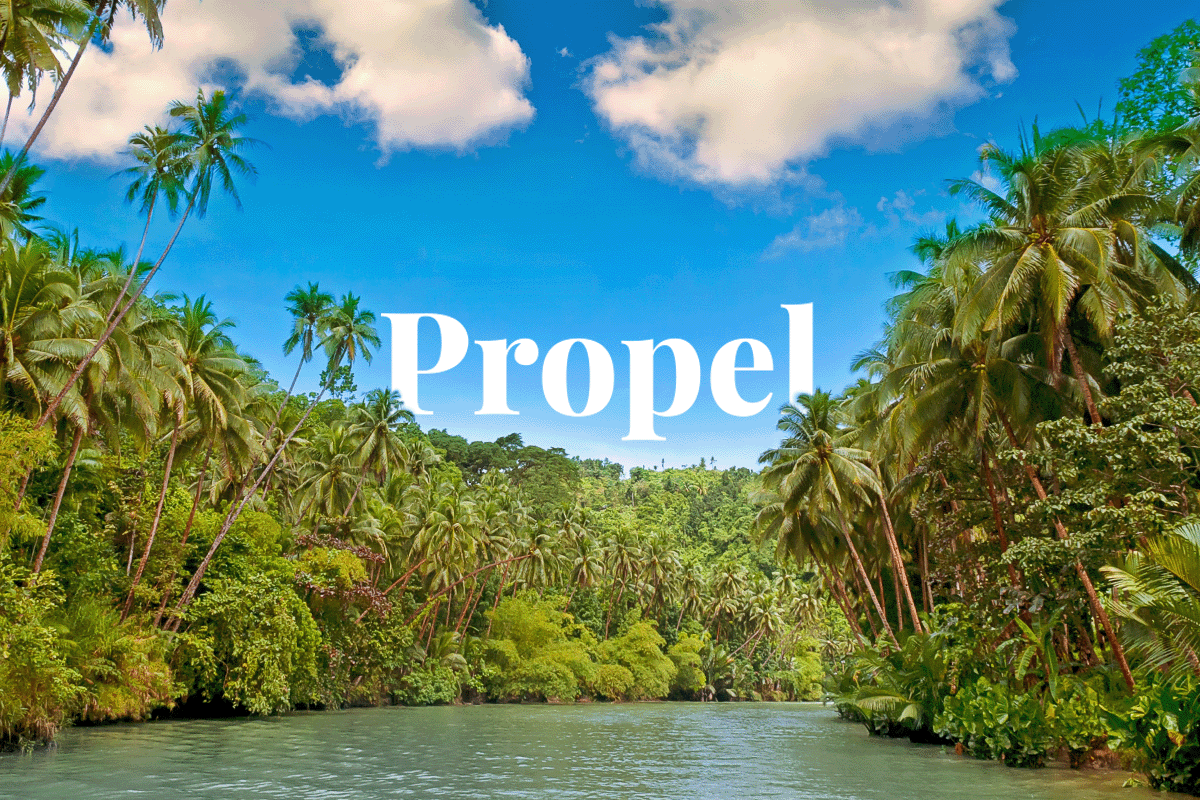Brazilian President Luiz Inácio Lula da Silva has revealed a visionary initiative to bolster the nation's infrastructure and promote an environmentally sustainable path. The Growth Acceleration Program, known as the PAC plan, is an accelerated growth strategy that intends to invest $350 billion in energy, logistics, and urban and social infrastructure. It seeks to drive economic progress and facilitate Brazil's transition to a greener future.
 View over Amazon river with rainforest in Brazil.
View over Amazon river with rainforest in Brazil.
While initially proposed during Lula's first presidency, the plan has grown under subsequent leadership. Critics raised concerns about excessive spending and fiscal strain without yielding notable infrastructure improvements; however, Lula's administration promises a fresh approach. The plan aims to prioritise cooperation between public and private sectors, with projected spending surpassing $260 billion by 2026. Sustainable economic development and environmental objectives will take centre stage.
Read more: Deforestation in the Brazilian Amazon hits lowest level since 2019
Rui Costa, Lula's Chief of Staff, underlines the plan's commitment to public-private partnerships. This approach ensures governmental involvement in fiscal, environmental, and social responsibilities. Federal investments are set at 22% of the total sum, while state-owned entities like Petrobras and private sector contributions will make up the rest. Although specific financial implications and timelines are yet to be detailed, the plan signals a new era of eco-conscious development.
The PAC plan encompasses projects in the oil and gas sector but shines a spotlight on environmental goals. An ‘ecological transition plan’ promises a sustainable shift. Pressure to alleviate poverty and spur growth in underdeveloped regions converges with hopes for Petrobras to drive economic expansion. Notably, the PAC plan excludes funding for the environmentally sensitive BR-319 highway restoration, a concern for preservationists.
Read more: Deforestation in the Amazon Rainforest: causes, effects, solutions
Brazilian Finance Minister Fernando Haddad explains the PAC plan's role in Brazil's ecological transition, focusing on carbon credit markets, sustainable bonds, and revamped climate funds. Haddad is confident this strategy will balance economic growth and environmental preservation.
As Brazil embarks on the PAC plan's implementation, observers will closely assess its impact on infrastructure, economic progress, and environmental targets. The plan's success holds the key to Brazil's economic trajectory and its commitment to sustainability.
At DGB Group, our dedication to carbon offsetting extends beyond mere carbon sequestration. We recognise that sustainability demands a comprehensive approach that encompasses not just environmental considerations but also the social and economic dimensions of our initiatives. When collaborating with governments, we aim to align our initiatives with their overarching environmental and economic strategies. This synergy guarantees that our initiatives harmonise with national and regional objectives, creating a carbon offset impact of greater significance.
Learn more about what DGB can you for your land



